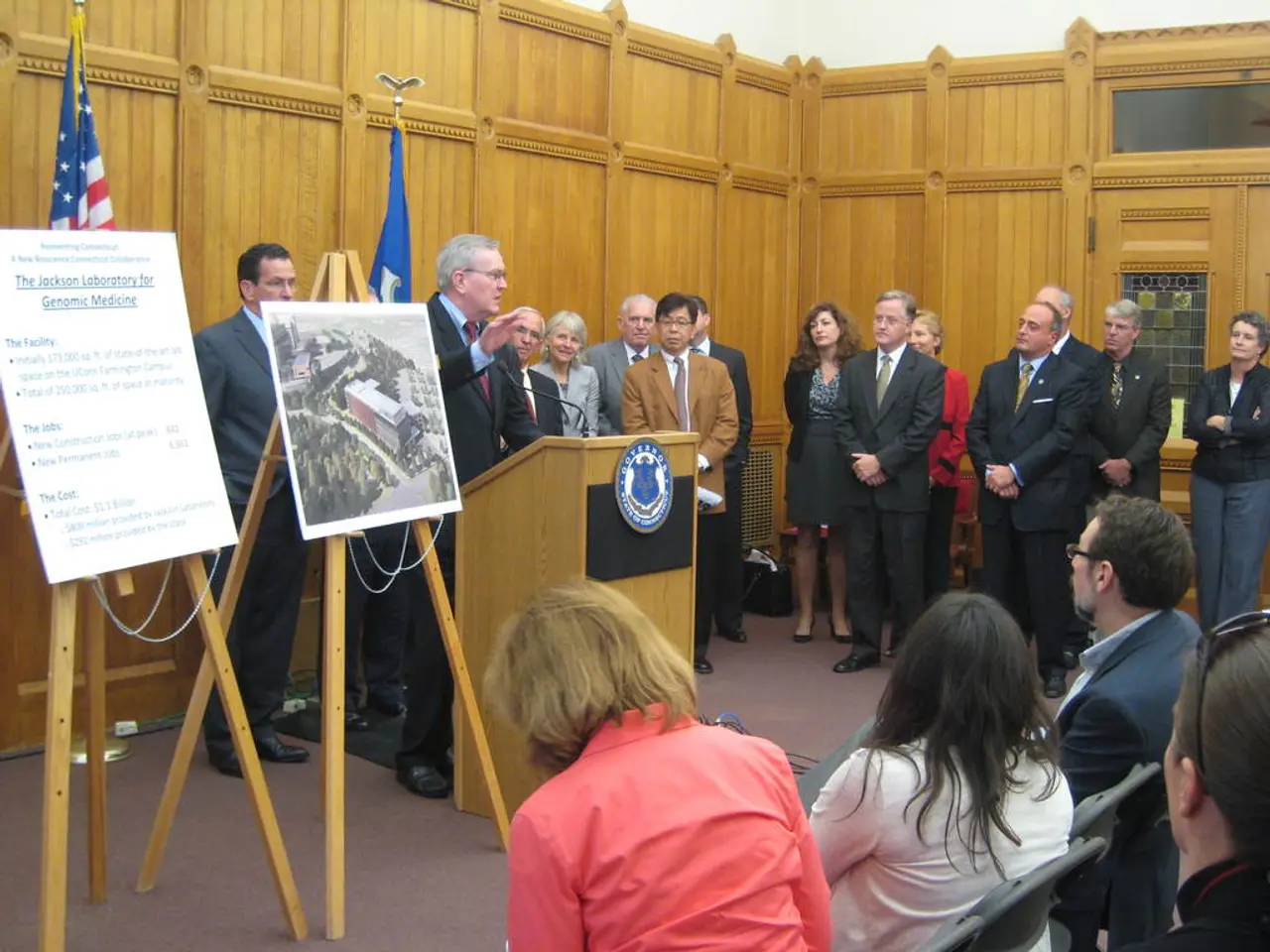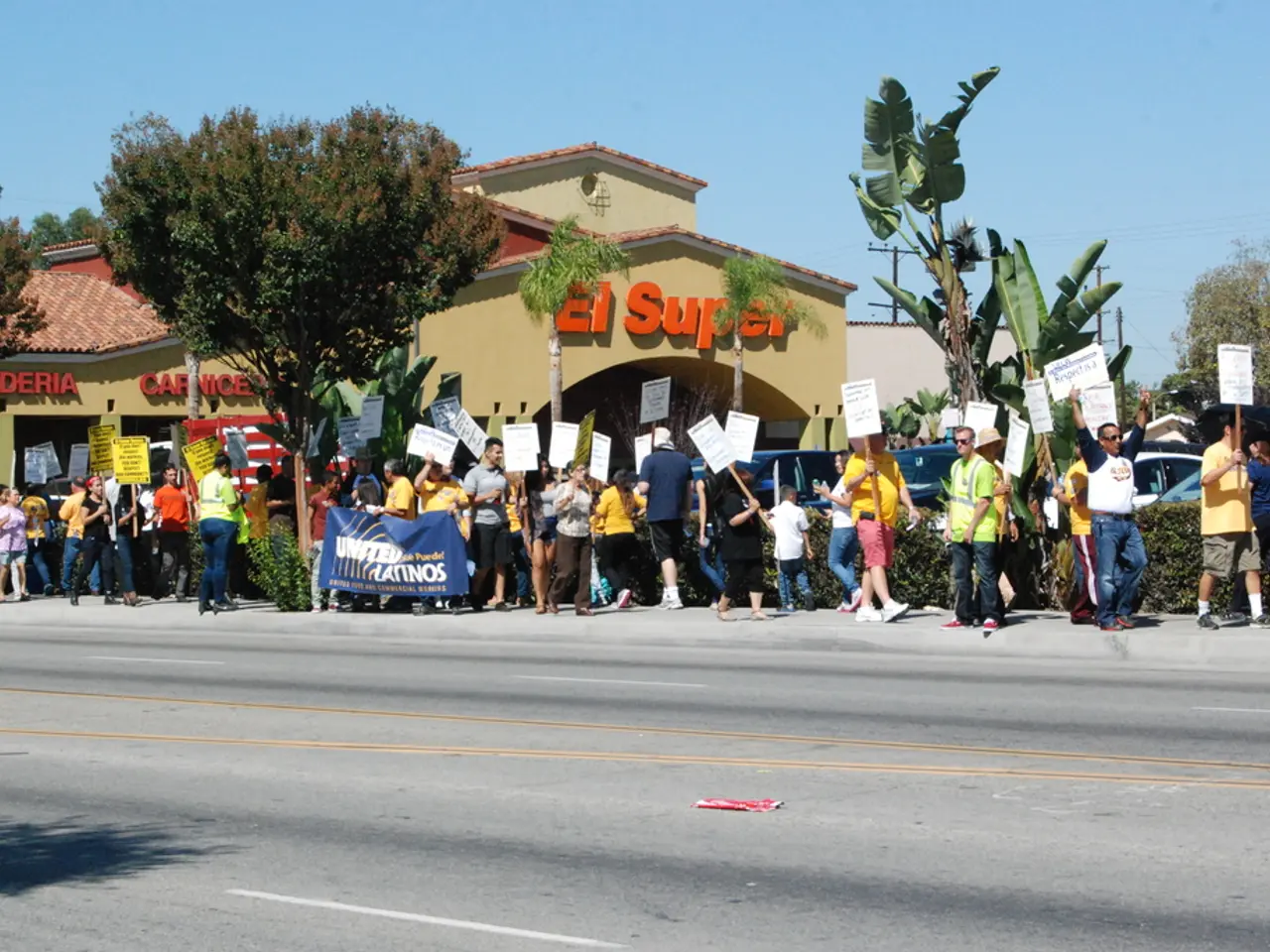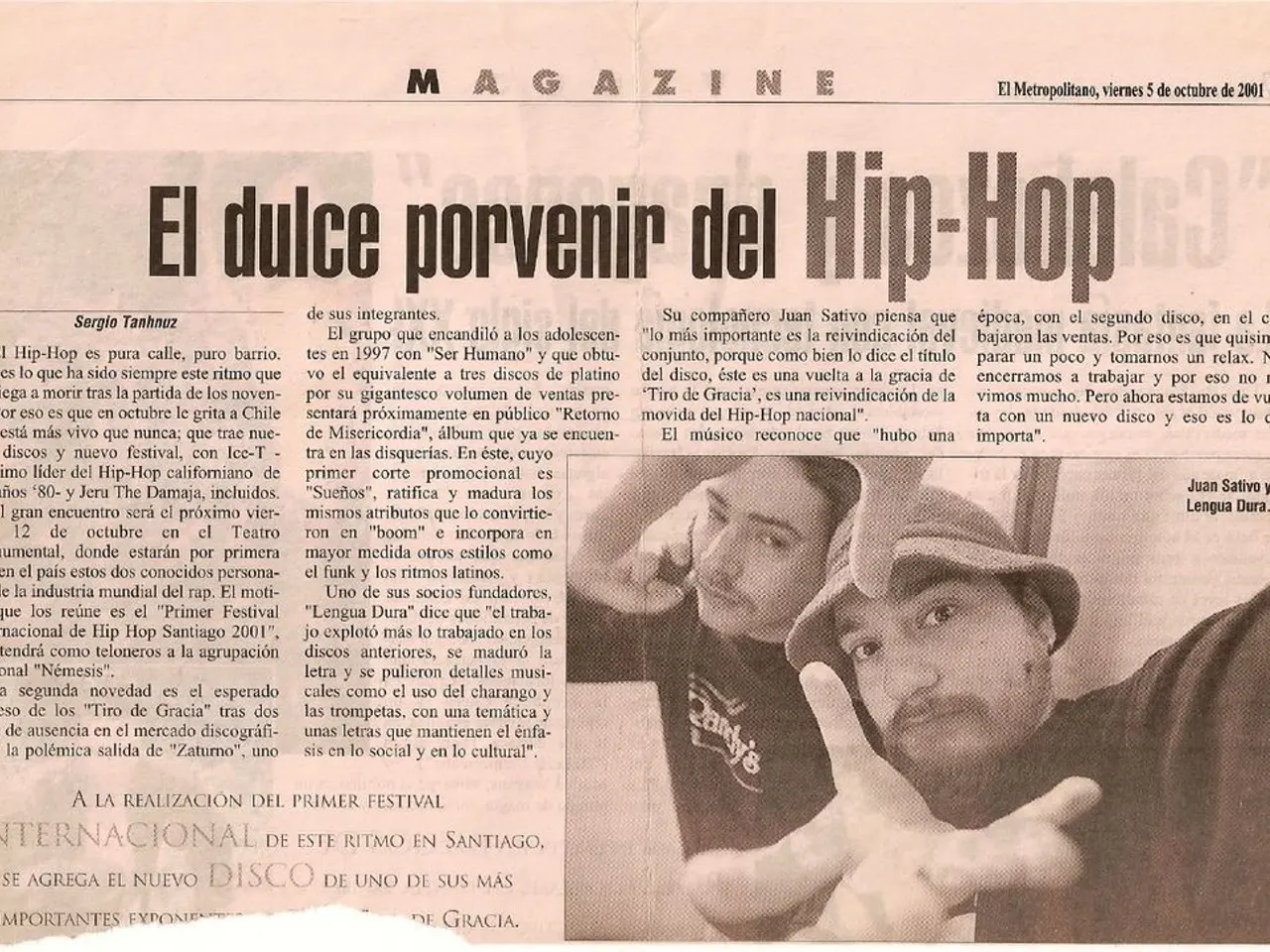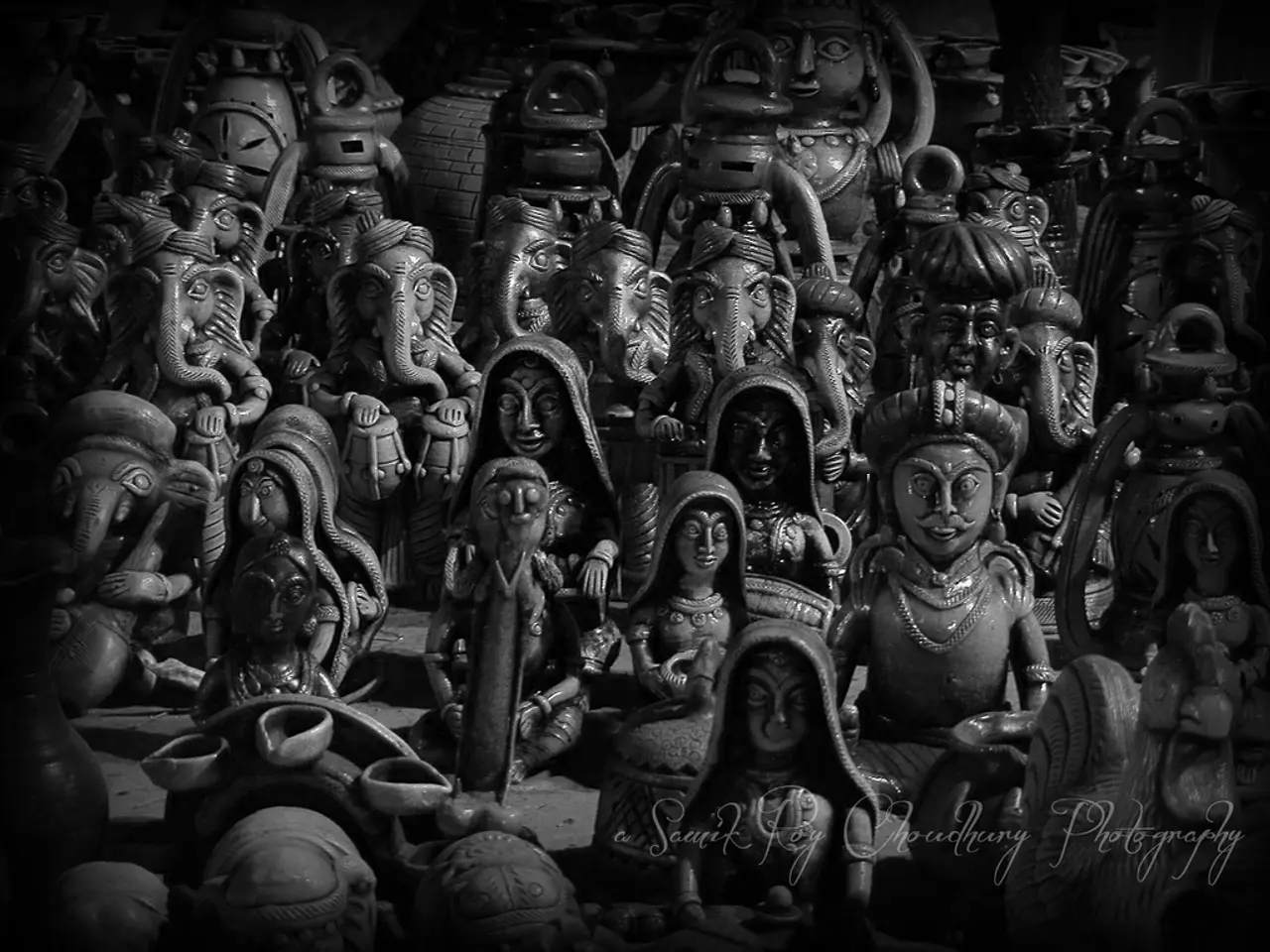"2025-06-06 News Update:"
The Netherlands is grappling with a political crisis following the collapse of its government in 2025, adding to broader worries about rising nationalism and populism across Europe. The unexpected decision by Geert Wilders, leader of the Party for Freedom (PVV), to end coalition negotiations has marked a major turning point in Dutch politics.
The collapse of coalition talks, due to sharp differences over immigration policy and the role of Islam, has left the Netherlands in a state of political uncertainty. The outgoing Prime Minister Mark Rutte is currently leading a caretaker government, but the future of government formation remains uncertain.
Following the fall of the cabinet led by Wilders, a snap general election was called for October 29, 2025. The political environment remains volatile, with reduced public trust—about 50% of voters report damaged confidence in politics due to the fall of the cabinet. This distrust could influence voter behavior and complicate coalition formation further.
The outgoing cabinet is responsible for managing sensitive budget issues until the new government forms. Due to financial strains, including increased NATO spending and EU budget contributions, significant austerity measures are expected, impacting education, infrastructure, social security, and public transport. These fiscal constraints may limit the new government's policy options and create pressure to avoid unrealistic promises during the electoral campaign.
Shifts in party alliances and strategies are also apparent. For example, the Labour Party and GroenLinks have agreed to run on a shared list and planned a merger in 2026, indicating realignments in the political landscape. The far-right PVV’s base shows signs of wavering, with disillusionment among some voters following the chaotic coalition experience.
European Union leaders are monitoring the situation closely, concerned about instability in one of the bloc's founding members. A new mediator may be appointed by King Willem-Alexander for the Netherlands government formation process, as the future of government remains uncertain due to the failure to build consensus.
Dilan Yeşilgöz of the VVD expressed the need for stability in the Netherlands, while Pieter Omtzigt (NSC) called the collapse of the coalition talks "deeply unfortunate." The PVV secured the most seats (37) in the Dutch general election 2024, but the party's influence could wane in the aftermath of the coalition breakdown.
In summary, the collapse of the coalition talks has led to a snap election that may deepen political fragmentation, intensify demands for austerity, and strain voter trust, all complicating the formation of a stable government post-October 2025. The Netherlands faces a challenging road ahead in its quest for political stability and unity.
- The political crisis in the Netherlands, triggered by the fall of its government in 2025, has sparked concerns about increased nationalism and populism on social media, as the volatile political environment and reduced public trust further erode confidence in politics.
- News outlets are reporting that the snap election called for October 29, 2025, has resurfaced discussions about migration and the role of Islam, as these issues were the main reasons for the coalition's collapse, reflecting the broader debates on policy-and-legislation and politics.
- As the Netherlands gears up for the election, the potential for unrealistic promises in the campaign, alongside the economic constraints, may extend to discussions on crime-and-justice and general-news topics, as voters seek reassurances and viable solutions amid mounting uncertainty.







